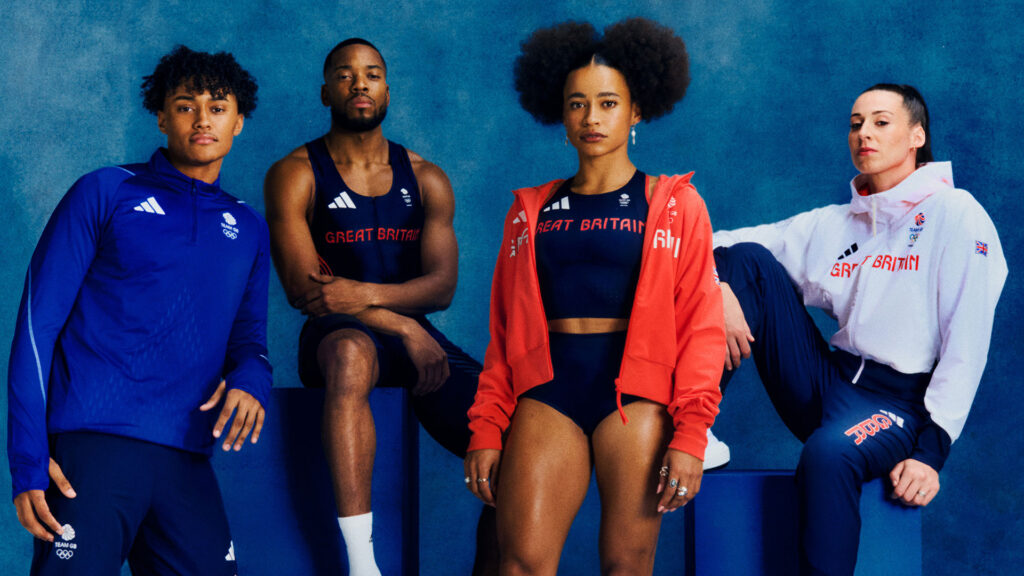Olympic uniforms: Protecting national pride and consumer trust
August 5, 2024
The Paris 2024 Olympic and Paralympic Games are on-going with great fanfare, with thousands of athletes competing on the global stage. As excitement grows, sales of Olympic merchandise – from uniforms, to T-shirts, to souvenirs – have already shot out of the blocks. The allure of owning a piece of the Olympics, whether it’s a Team GB jersey or a commemorative pin, drives millions of transactions each time the iconic event takes place.
Olympic merchandise amounts to a colossal enterprise. Rio 2016 licensed merchandise sales hit US$15.5 million in Brazil alone, while 15 product lines of Tokyo 2020 merchandise sold out on the opening day of online sales. As much as these polo shirts, bags, and towels symbolise national pride and unity, unfortunately they are also magnets for counterfeiters.
Counterfeit goods cost EU industries an estimated €16 billion in sales and nearly 200,000 jobs each year, according to the European Union Intellectual Property Office. Sporting apparel and merchandise affiliated to major tournaments are an obvious target for the organised criminals behind producing fakes.
For instance, during the 2016 Rio Olympics authorities seized large quantities of fake branded products. And counterfeit Olympics merchandise on sale in Paris has already prompted French police to carry out raids in recent months, in a high-profile crackdown on street vendors.
Such incidents highlight the pressing need for robust measures to combat this illicit trade. The sale of counterfeit products not only syphons off revenue but also erodes the trust of fans and collectors who seek genuine memorabilia.
Protecting the authenticity of these products is crucial for preserving consumer trust and supporting sustainable practices. What can be done to beat the counterfeiters?
Technology to the rescue
Innovative technologies like smart labels are at the forefront of the fight against counterfeit branded clothing. Smart labels that are scanned using an RFID (Radio-Frequency Identification) reader can be used to determine stock availability, item location, and reassure buyers of product authenticity. This technology is gaining traction across the apparel industry, including leading sportswear brands, as it enables efficiency and scalability.
Authenticity and sustainability
Beyond fighting counterfeiting, smart labels play a crucial role in promoting sustainability. By providing transparent supply chain information, these technologies enable consumers to make informed choices about the products they purchase. For example, a consumer can verify if a jersey was made using sustainable materials or if ethical labour practices were followed during its production.
This transparency encourages brands to adhere to higher environmental and social standards, fostering a culture of accountability and sustainability within the industry. Moreover, by ensuring the authenticity of products, these technologies help reduce the demand for counterfeit goods, which often involve unsustainable and unethical practices.
Celebrating national pride with confidence
Fans deserve to celebrate their national pride with confidence, knowing that their purchases are genuine and ethically produced. Countries like the United States, with its iconic Team USA gear, or Japan, with its meticulously designed Olympic apparel, invest heavily in creating uniforms that symbolise their heritage and aspirations. Protecting these symbols through advanced technologies not only preserves their value but also upholds the integrity of the Olympic spirit.
As we look forward to Paris 2024 and future Games, I believe the continued adoption of smart labels across the sports merchandise industry will be pivotal. These innovations not only safeguard consumer trust but also pave the way for a more sustainable and transparent global marketplace.
The author is Jonny Hewlett, director, team sports, Avery Dennison.



